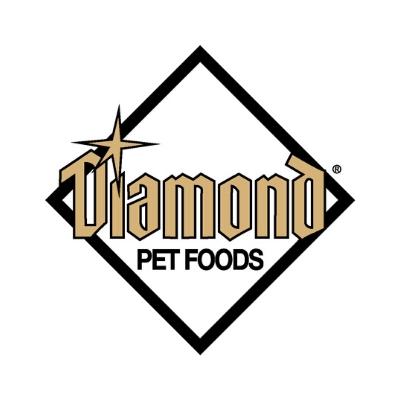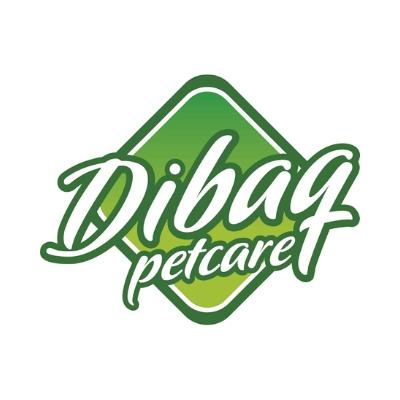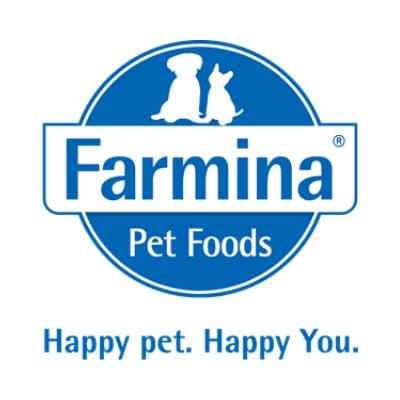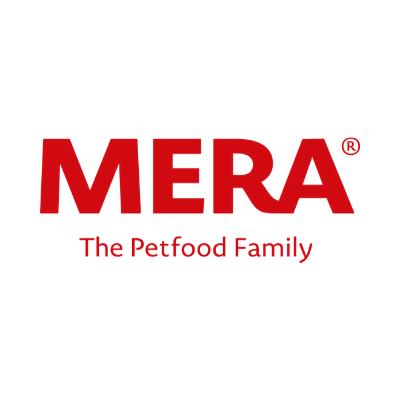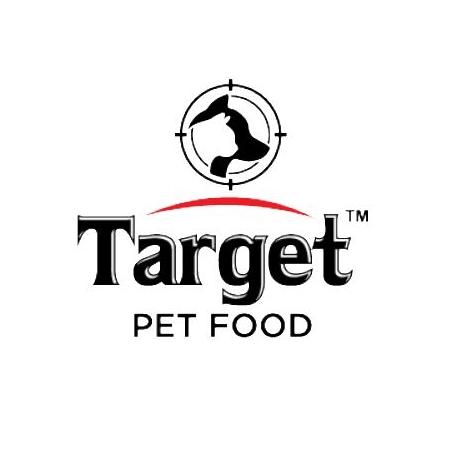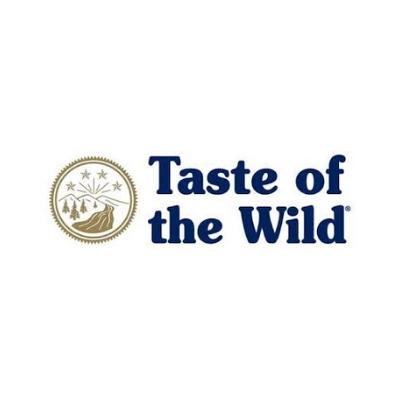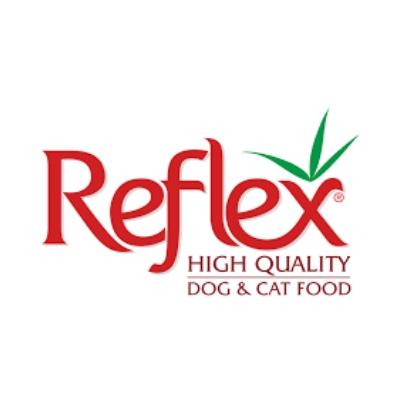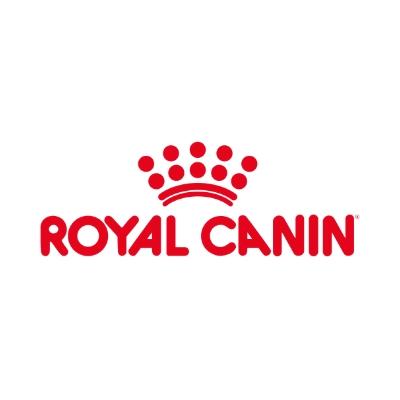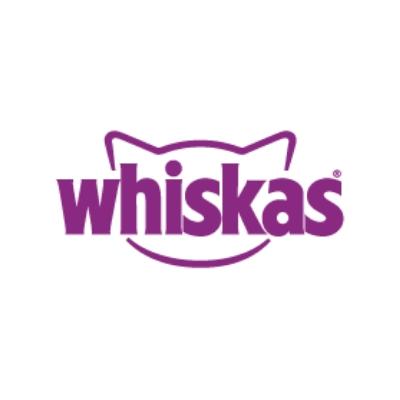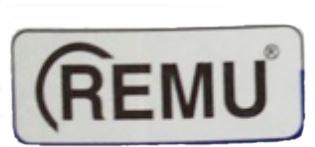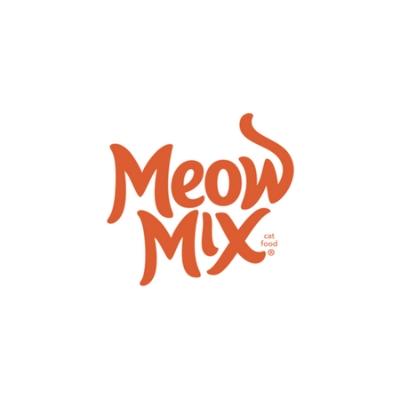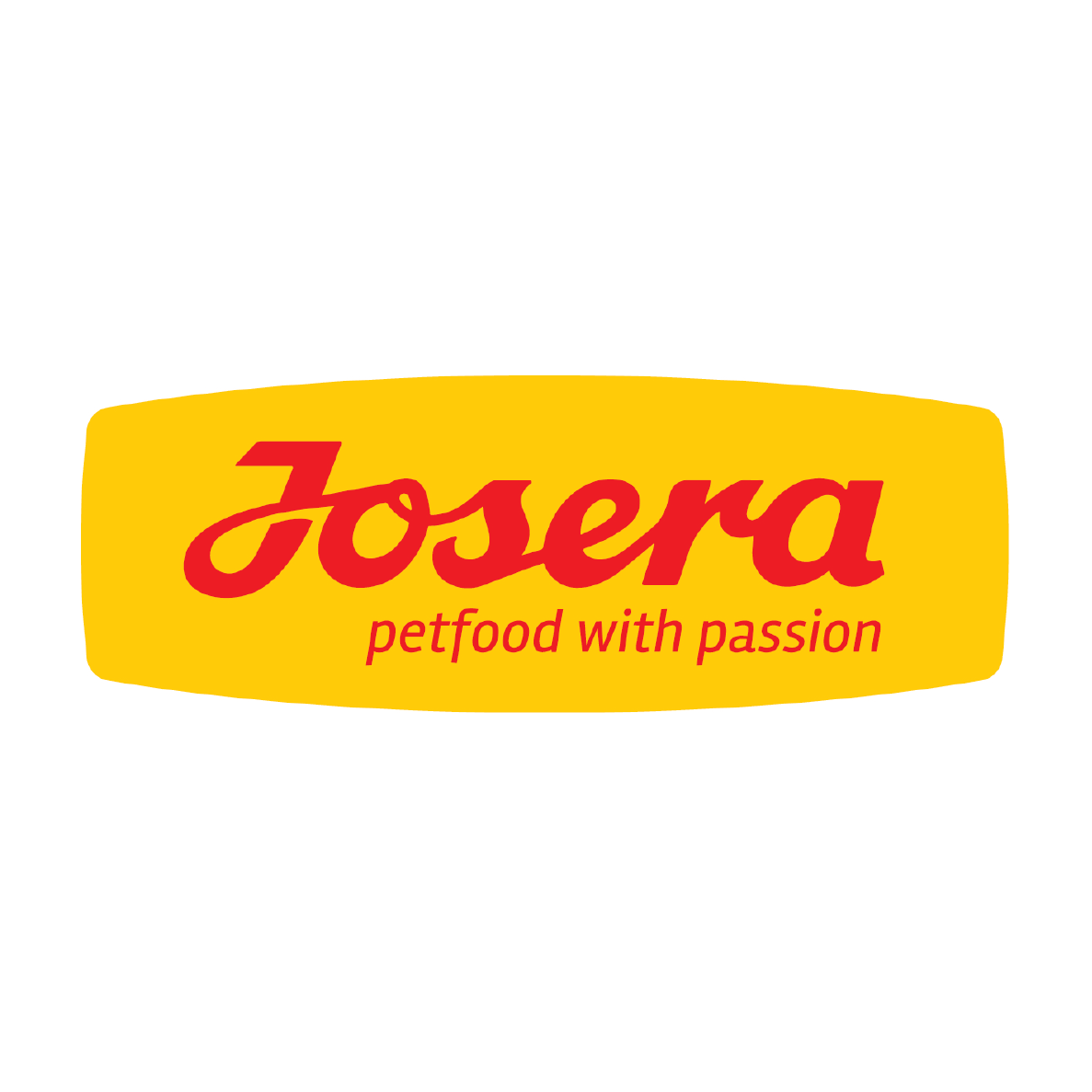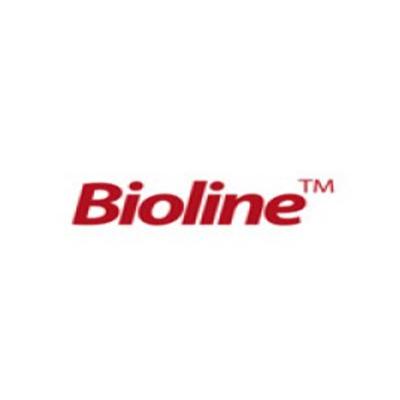Dog Autoimmune Hemolytic Anemia (AIHA)
Introduction
Autoimmune hemolytic anemia – also called immune-mediated hemolytic anemia, idiopathic nonregenerative immune-mediated hemolytic anemia, AIHA and IMHA - is a common disease in dogs that involves destruction of red blood cells (RBCs) by the dog's own immune system. Why this happens is still a medical mystery. However, given the severity of the condition, owners should take this form of anemia very seriously.
Causes & Prevention
Causes of Canine Autoimmune Hemolytic Anemia
There are several different classification schemes or subtypes of IMHA.
Primary or idiopathic IMHA involves antibodies produced by the dog's immune system targeting and attacking its own red blood cells based on recognizing certain proteins, or antigens, which are part of the outer membrane surface of RBCs. Roughly 75% of the cases of autoimmune hemolytic anemia in dogs are thought to be caused by primary disease.
Secondary IMHA involves destruction of RBCs by antibodies based on so-called "novel antigens" that are exposed once the RBC membrane is damaged or altered due to cancer, infection, drug reaction, exposure to toxins, blood transfusion, venom from bee, snake or other bites or otherwise. Cancer is the most common cause of secondary IMHA in domestic dogs.
Intravascular IMHA is a condition where RBCs are destroyed by the immune system inside blood vessels.
Extravascular IMHA is where red blood cells are selectively destroyed in the dog's liver and/or spleen.
A cascade of complicated events begins when the immune system identifies and targets an animal's own red blood cells for destruction. While the intricate details of these medical events are beyond the scope of this article, suffice it to say that they are well-coordinated and may or may not culminate in the body's ability to regenerate enough RBCs to bring the animal out of the anemic crisis.
Prevention of Autoimmune Hemolytic Anemia in Dogs
There is no realistic way to prevent autoimmune hemolytic anemia in dogs.
Special Notes
Unfortunately, an estimated 40% to 60% of dogs diagnosed with IMHA will die from the disease. Thromboembolisms, which are aggregations of blood factors including the elements that make up RBCs, are common consequences of autoimmune hemolytic anemia. The remnants from the breakdown of red blood cells (a thrombus) commonly form an embolism, which is a sudden blocking of an artery by a clot of foreign material that has traveled through circulation to become lodged where it shouldn't be. Thromboembolisms obstruct normal blood flow through the vessels, depriving the body's tissues of their necessary oxygen supply.
Symptoms & Signs
Introduction
Autoimmune hemolytic anemia (AIHA), also called immune-mediated hemolytic anemia (IMHA), is a common, often manageable but potentially fatal condition in domestic dogs. Basically, the dog's immune system begins attacking and destroying its own red blood cells. This significantly reduces the blood's capacity to carry oxygen to body tissues, which in turn causes the observable signs of the disease.
Symptoms of Autoimmune Hemolytic Anemia in Dogs
Dogs suffering from autoimmune hemolytic anemia typically show the same signs as dogs suffering from other forms of anemia. These can include one or more of the following:
Pale mucous membranes (pallor of the gums and nasal tissues)
Weakness
Lethargy
Depression
Disinterest in normal activities
Fever
Lack of appetite
Vomiting
Diarrhea
Bloody stool (hematochezia; melena)
Discolored urine (dark brownish or orange-ish urine due to abnormal presence of blood, hemoglobin and/or bilirubin)
Excessive thirst (polydypsia)
Excessive urination (polyuria)
Difficulty breathing (rapid, shallow breathing; respiratory distress; dyspnea; shortness of breath)
Exercise intolerance
Elevated heart rate (tachycardia)
Bounding pulses
Icterus/Jaundice
Jaundice (above) refers to the yellow color that is seen in tissues when the liver is overwhelmed with bilirubin, which is a yellow byproduct of the breakdown of red blood cells. In a healthy dog, the liver will absorb, metabolize and excrete bilirubin as red blood cells reach the end of their normal life span. In a dog with autoimmune hemolytic anemia, the liver simply cannot keep up with processing the amount of bilirubin caused by destruction of RBCs. This causes the dog's mucous membranes – especially in the gums, skin, ears and eyes - to take on an unusual yellowish discoloration.
Further examination by a veterinarian may reveal an enlarged spleen (splenomegaly), an enlarged liver (hepatomegaly), a heart murmur and/or enlarged lymph nodes.
Dogs at Increased Risk of Autoimmune Hemolytic Anemia
Autoimmune hemolytic anemia can develop in dogs of either sex, any age and any breed. However, many studies suggest that middle-aged spayed female dogs are overrepresented in the affected population. Breeds that seem predisposed to IMHA include the Cocker Spaniel, English Springer Spaniel, Miniature Poodle, Irish Setter, Collie, Miniature Schnauzer, Doberman Pinscher, Miniature Pinscher, Lhasa Apso, Shih Tzu, Bichon Frise, Old English Sheepdog, Vizlsa, Scottish Terrier and Finnish Spitz. Some authorities suggest that dogs are at an increased risk in the months of May and June, although the reason for this spring seasonality is unclear. Survival rates for dogs with autoimmune hemolytic anemia are fairly low. However, if it is caught early in its course, treatment and management can be effective. If your dog exhibits any of the symptoms described above, please see your veterinarian as soon as you can.
Diagnosis & Tests
Introduction
Autoimmune hemolytic anemia (AIMA, IMHA) is not especially easy to diagnose. Veterinarians must conduct a number of tests to rule out other causes of anemia to ultimately arrive at a diagnosis of IMHA. Owners must be patient and committed to the diagnostic regimen.
How Autoimmune Hemolytic Anemia is Diagnosed
The initial database for dogs that show signs suggestive of anemia includes a complete blood count (CBC), a serum biochemistry panel and a urinalysis. The CBC should include what is called red blood cell morphology and a reticulocyte count, because the hallmarks of IMHA include some identifiable and recognizable physical changes to the red blood cell structure, which these tests can disclose. A fresh blood smear is helpful to identify any contributing RBC parasites, such as Babesia and Mycoplasma hemofelis. A Coombs' test, also called a direct antibody test, and/or a flow cytometry test, as well as a coagulation panel, may also be useful, depending upon the type of anemia involved. Chest radiographs (x-rays) can help identify or exclude metastatic disease as the cause of the anemia, and abdominal ultrasound can be useful to look for evidence of neoplasia (cancer).
Special Notes
Many dogs diagnosed with autoimmune hemolytic anemia will get better with treatment and then relapse a year or so down the road. Owners should be watchful for recurring signs of anemia.
Treatment Options
Introduction
When an owner suspects that her dog may be anemic, she should take him to the veterinarian as soon as possible. Autoimmune hemolytic anemia (AIHA, also called immune mediated hemolytic anemia, or IMHA can be very serious, as it is caused by the dog's immune system targeting and destroying its own red blood cells. Left untreated, and even sometimes with appropriate treatment, an estimated 40% to 60% of dogs with IMHA will eventually die from the disease. Treatment should be swift and aggressive. The primary therapeutic goals are to correct the anemia so that the dog's red blood cells can once again transport oxygen to all of its tissues in a normal fashion, and to correct any identifiable underlying disorders that are contributing to the RBC destruction, while maintaining the dog's health until his red blood cell supply can be replenished.
Treatment Options
If a dog's IMHA has already become life-threatening, blood transfusions may be necessary to stabilize him so that the veterinary team has time to determine the primary cause of his condition. In acute cases, this transfusion is usually of packed red blood cells, one component of whole blood. Transfusions can be tricky and even dangerous, because they add more red blood cells for the immune system to destroy and can lead to an even more aggressive immune system response.
Drug therapy has proven to be an effective treatment for IMHA in some cases. Your veterinarian may prescribe a corticosteroid, such as prednisone or dexamethasone, to suppress the dog's immune system in an attempt to slow down its attack on red blood cells. These medications are given in high doses either by injection or by mouth. If the dog's condition does not improve, stronger immunosuppressive drugs, including chemotherapeutic agents, can be added to the mix. These might include drugs such as azathioprine and/or cyclophosphamide, and new medications may be brought on the market as well. These are usually not a first treatment choice, because although they are stronger, they also have the potential for more adverse side effects.
Prognosis
Intense treatment is necessary for a good outcome in dogs with autoimmune hemolytic anemia. In mild cases, full recovery may be possible, although it is uncommon. In most cases, long-term or even lifelong treatment may be necessary. Relapses are common. The prognosis basically depends upon the underlying disorder. Only a veterinarian can determine the best course of treatment for a dog suffering from this disease.










